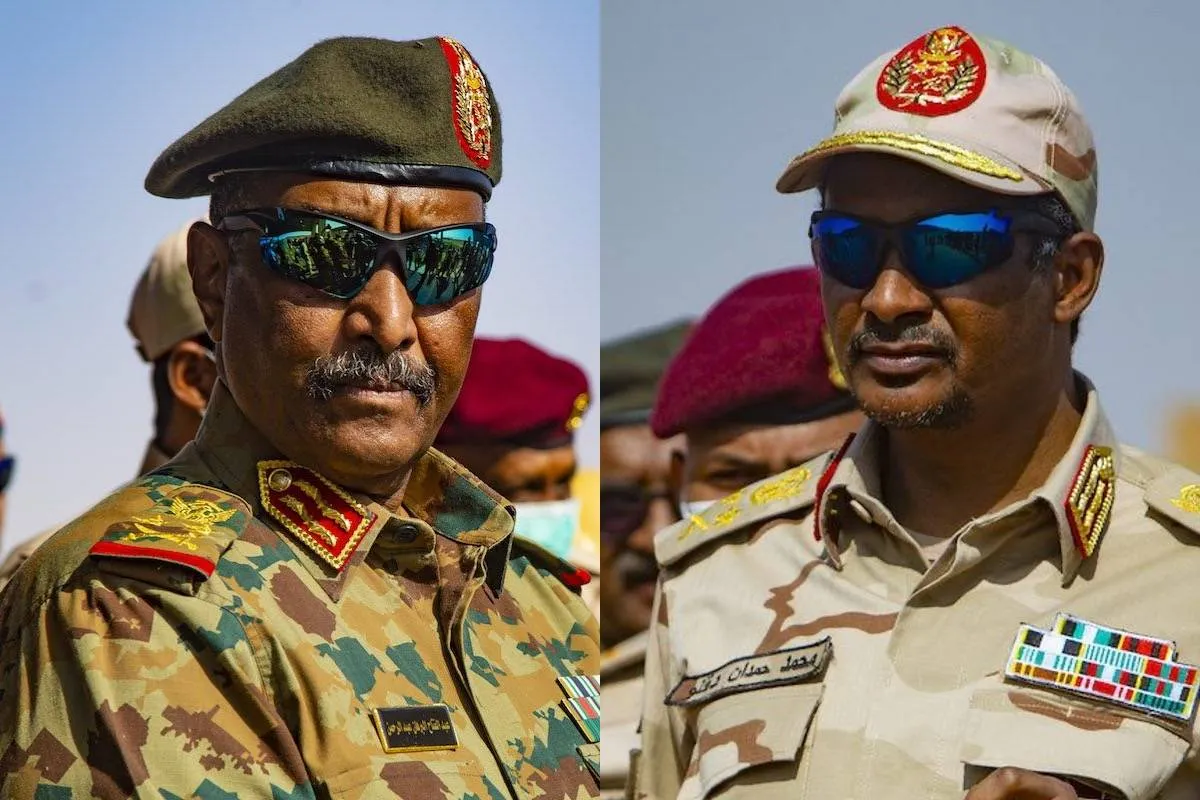The ongoing war in Sudan is often viewed as a battle for power between two generals - General Abdel Fattah al-Burhan and General Mohamed Hamdan Dagalo (Hemedti) - but it is much more than that. The conflict in Sudan has regional and global dimensions that are indicative of the changing world order and the intense competition for resources and critical geographies. In this article, we explore the complex nature of the conflict and how it is rooted in historical and current political contexts.
The Riches of Sudan
Sudan is a rich African country with abundant raw materials that remain largely unexploited due to the country's multi-front and multi-layered conflicts. These conflicts began in the South and resulted in the secession of the Republic of South Sudan, followed by crises in Darfur and now, in other parts of the country. The wars in Sudan have caused immense human and material losses, and outside parties have played a significant role in their continuation and prolongation.
Proxy Wars and the Global South
Proxy wars in the Global South were one of the defining features of the Cold War between the United States and the Soviet Union. After the collapse of the USSR in 1989-92, violence continued, mostly through US-led or championed wars in the Middle East, Africa, and Asia. With global rivalry resurging, conflicts in resource-rich and strategic regions with no clear political allegiances are back in full swing.
The Involvement of Regional Actors
What complicates the situation in Sudan now is the involvement of other regional actors, each with their own interests. They are taking advantage of the quickly dwindling US leadership, which until recently was the Middle East's primary political and military hegemon. The current shifts in power relations in the Middle East, as in other parts of the world, are significant in both historical and current political contexts.
Conclusion
Sudan's conflict is not just a power struggle between rival generals; it is a global power struggle for resources and strategic locations. The involvement of outside parties and the shifting power relations in the Middle East and beyond make this conflict all the more complex. It remains to be seen how the situation in Sudan will evolve, but one thing is certain: Sudan will not be the last of such conflicts.
Is this content hitting the mark for you? If so, consider supporting my work—buy me a virtual coffee! 




